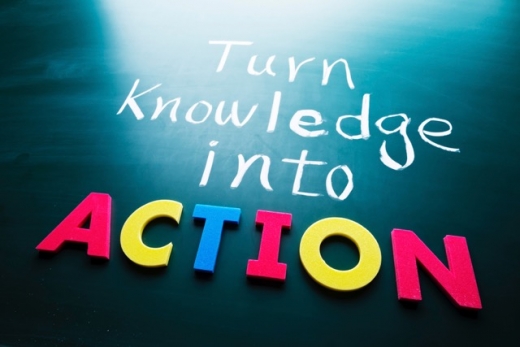Theory of Change:
Change is a process. Change is the result of new learning. Change happens when learning expands a repertoire of skill sets. The new skills facilitate new opportunities for new decisions and life changes. Skills allow a person to expand and re-define how they want to live their lives.
Within the setting of residential treatment, Change is identified as new skills to support a better understanding of one’s abilities and capabilities. Change does NOT happen to a person; Change is the product of new learning. Change is NOT a “topical application”. Change is the result of the development of new perceptions and skills. Change can be the vehicle to living an independent life.
From the point of conception until death, the human brain is continuously evolving and changing. In adolescence, change becomes a vital process that moves one from a state of dependency to an individual with the knowledge and skills to positively engage the world. Our treatment programs are designed to facilitate this learning and development on many levels.
The development of the brain and important language, regulatory, social, cognitive, and executive function skills are vital to our clients managing and living lives that allow them to be productive and live a life that allows them to accomplish their dreams and goals.
Judy Davis, PsyD.
~ Neuropsychologist
~ Neuropsychologist
Dr. Davis is a NeuroPsychologist with more than 20-years’ experience working with children and families. The development of skills is important to the life-time success of our children. She provides assessments which define both skills and weakness in order to identify and support the effective development of life-long skills.
